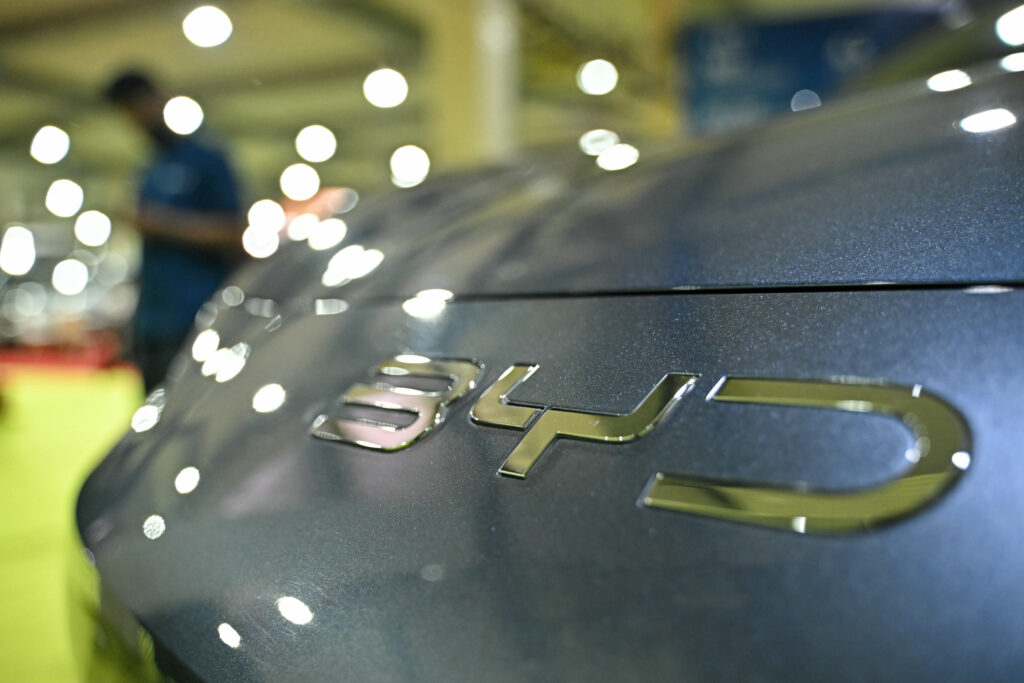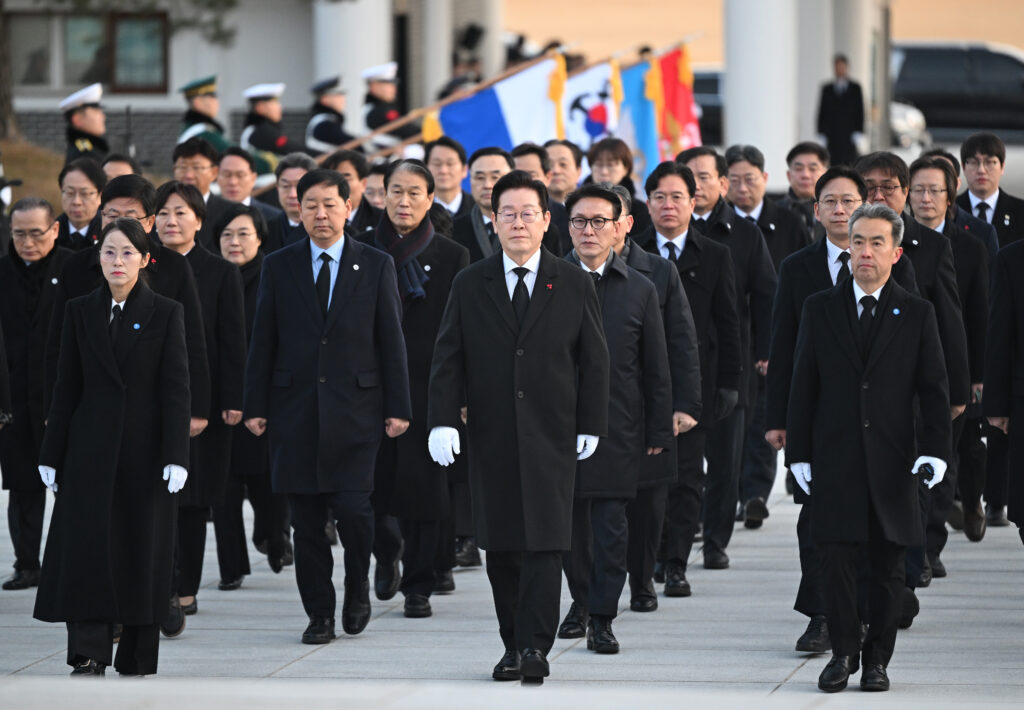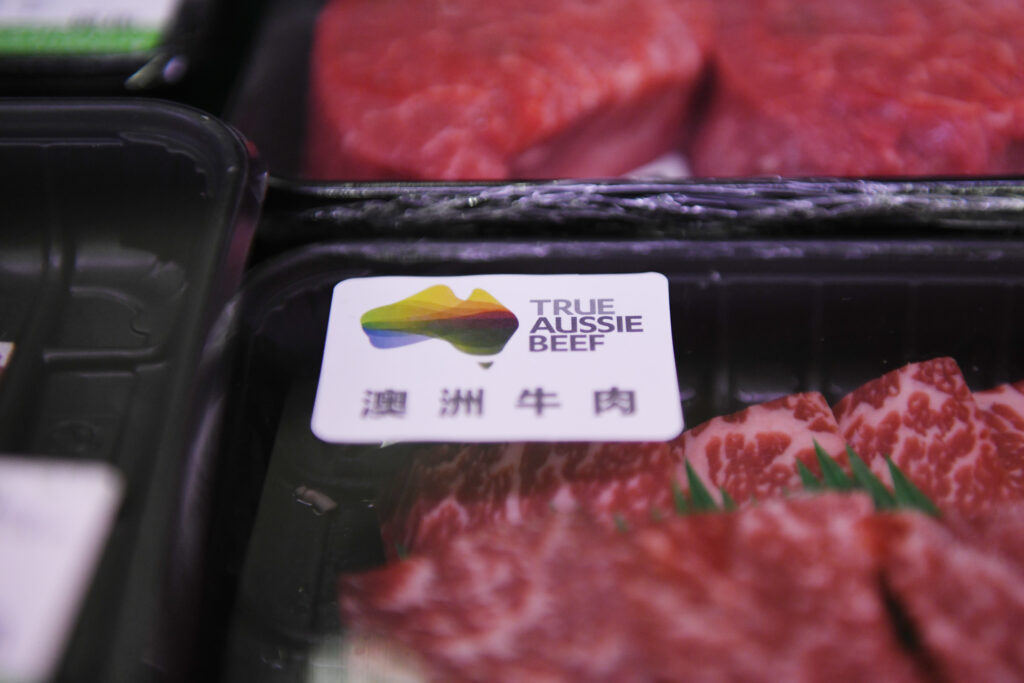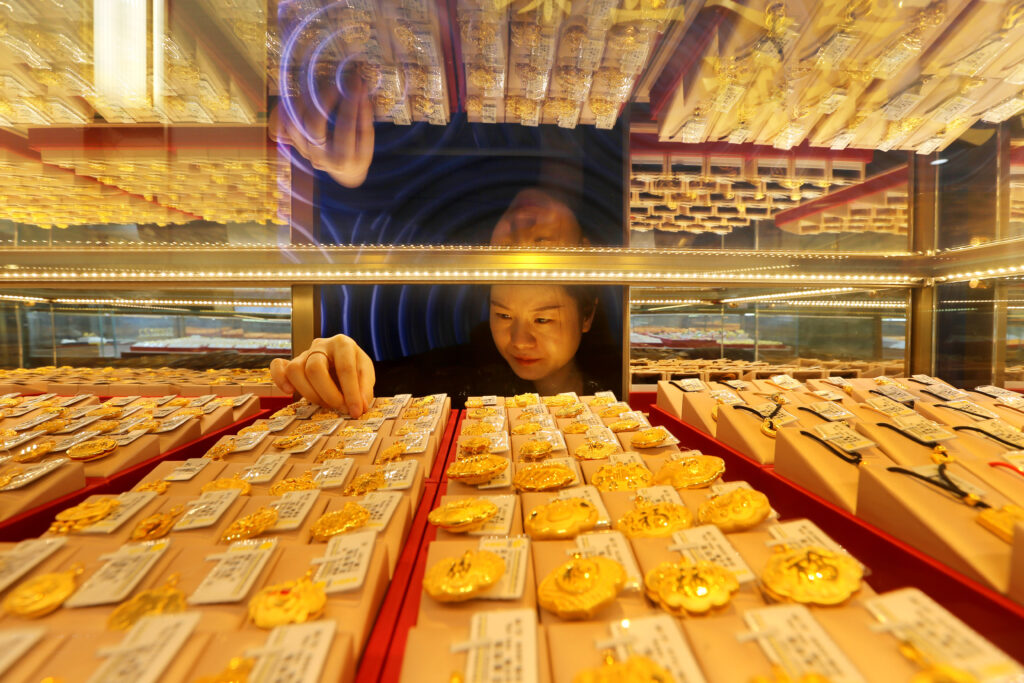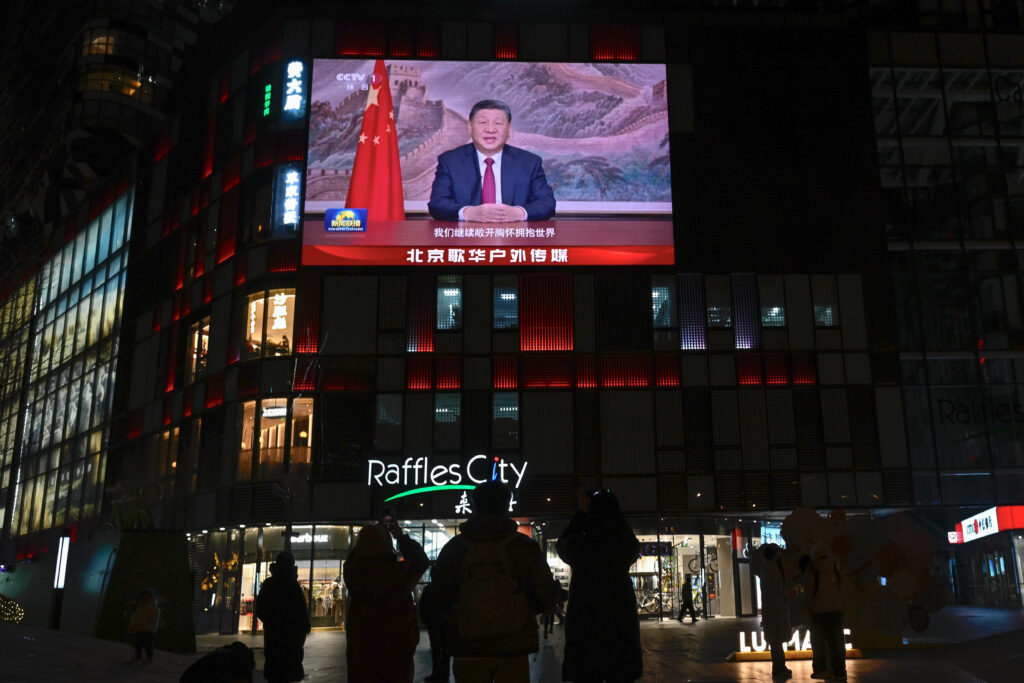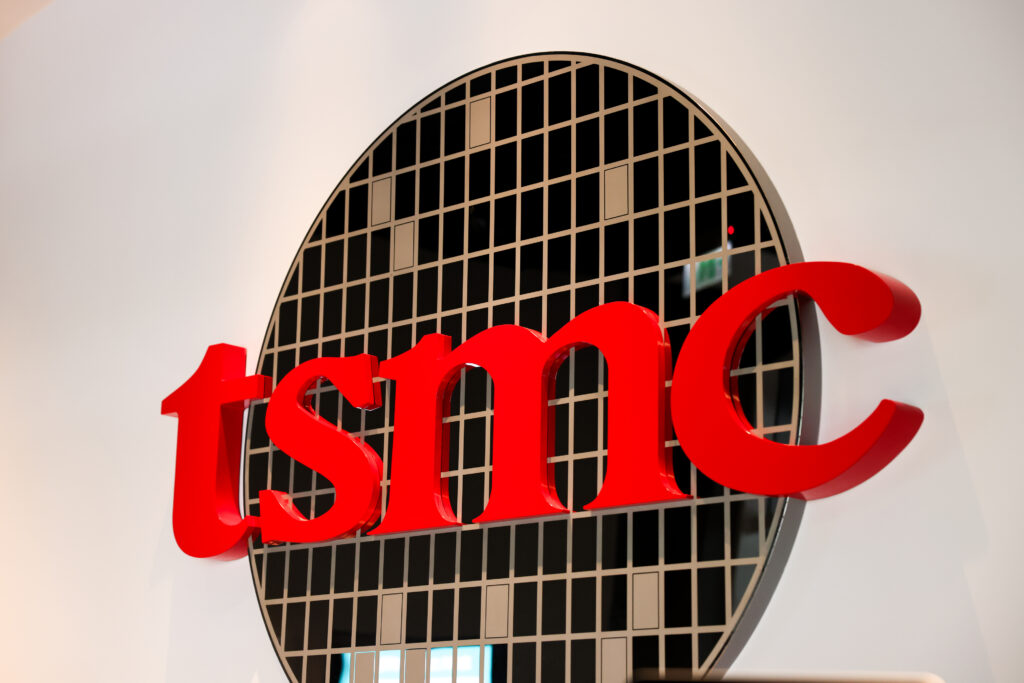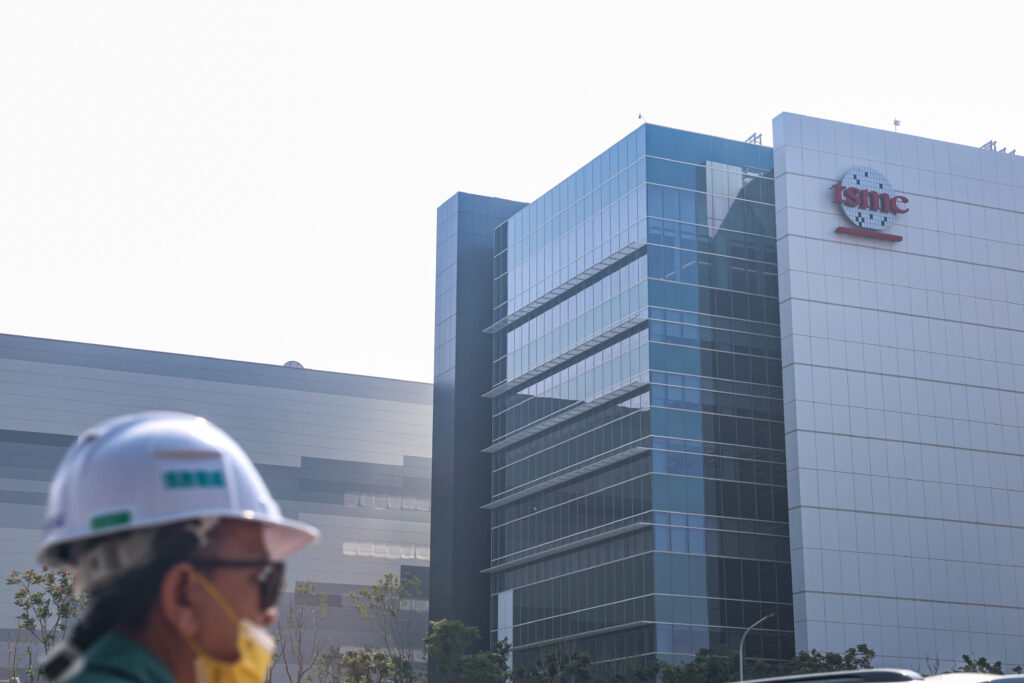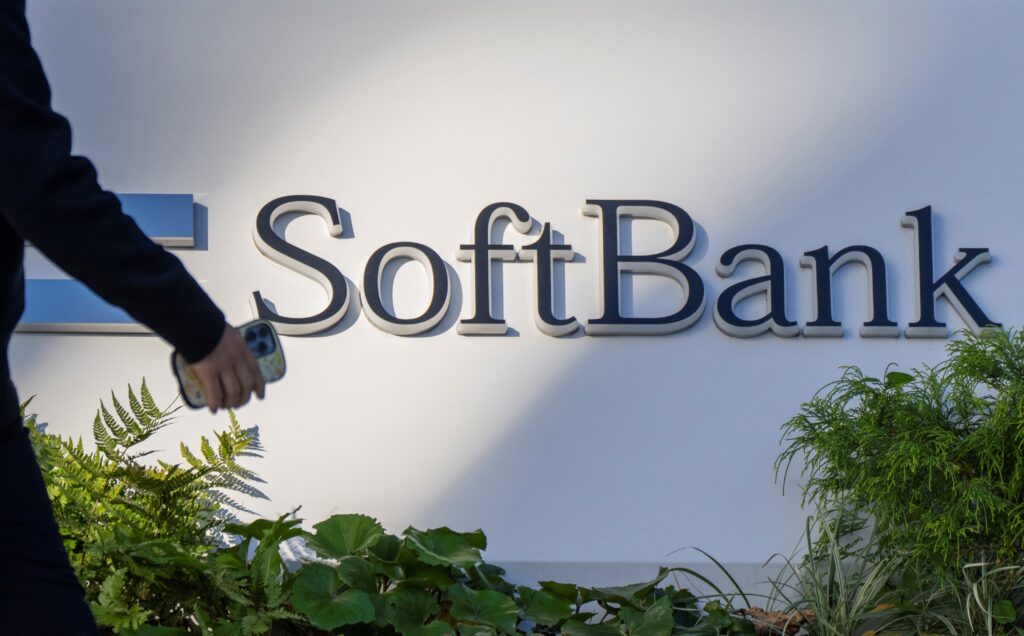Stocks make bright start to 2026
Markets made a bright start to 2026 on Friday but volumes were thin with Tokyo and Shanghai still closed as investors awaited fresh direction from Wall Street.Stocks had a bumper 2025, with the S&P adding 16.4 percent, the tech-rich Nasdaq 20.4 percent and London’s FTSE enjoying its merriest Christmas in 16 years.In Asia, Seoul stocks whooshed 75 percent, while Hong Kong’s Hang Seng Index bounced 28 percent and Tokyo’s Nikkei 225 rocketed more than 26 percent.”Naturally, the start of the new year comes with the question everyone asks moving from one year to the next: will this continue? The consensus is that, yes, it will,” said Kyle Rodda at Australian brokerage Capital.com.”When it comes to the all important US economy, Wall Street is pricing in growth will accelerate this year while inflation still moderates and interest rates get cut. Meanwhile, analysts predict that corporate fundamentals will improve,” Rodda said.Hong Kong led Asian gains on Friday, climbing 2.8 percent with chip designer Biren Technologies soaring as much as 119 percent in the exchange’s first listing of the year. It closed at HK$34.46, off its intra-day high of HK$42.88 but well up on its offer price of HK$19.60.The Shanghai-based firm’s listing raised more than $700 million, suggesting that investor appetite for anything related to artificial intelligence remains insatiable.Biren “enjoys scarcity value and high market attention”, said Kenny Ng, a strategist at China Everbright Securities. “The industry is in a flourishing stage, with many firms striving for breakthroughs and significant growth potential,” Ng said.Search-engine giant Baidu jumped more than nine percent after saying its AI chip unit Kunlunxin had filed a listing application in Hong Kong.Taipei, Sydney, Singapore, Bangkok, Jakarta and Manila also advanced while Seoul’s Kospi, which soared 76 percent in 2025 in large part due to the AI boom, rose 2.3 percent.Samsung Electronics added seven percent after co-CEO Jun Young Hyun said customers had praised its high-bandwidth memory (HBM) chips, saying that “Samsung is back”, Bloomberg News reported.Europe joined the rally, with London, Paris and Frankfurt all higher in early trade.After volatile recent days following record highs for silver, precious metals started the new year on a bright note with gold up 0.64 percent per ounce and silver 1.5 percent shinier.Key figures at around 0815 GMT – Hong Kong – Hang Seng Index: UP 2.8 percent at 26,338.47 (close)Shanghai – market closed for holidayTokyo – market closed for holidayLondon – FTSE 100: UP 0.2 percent at 9,947.20Euro/dollar: DOWN at $1.1732 from $1.1750 on WednesdayPound/dollar: DOWN at $1.3463 from $1.3478 Dollar/yen: UP at 156.95 from 156.66 yenEuro/pound: DOWN at 87.15 pence from 87.18 penceBrent North Sea Crude: UP 0.4 percent at $61.10 per barrelWest Texas Intermediate: UP 0.4 percent at $57.67 per barrelNew York – Dow: DOWN 0.6 percent at 48,063.29 points (close)burs-jug-stu/mtp/ceg

